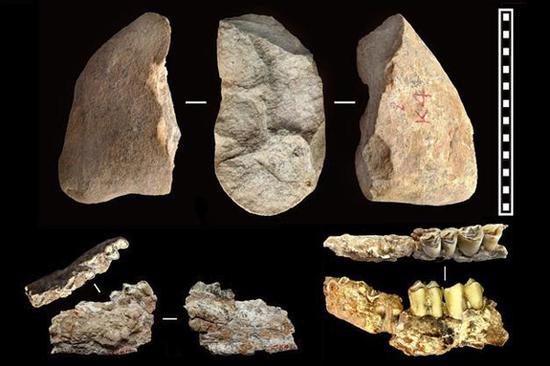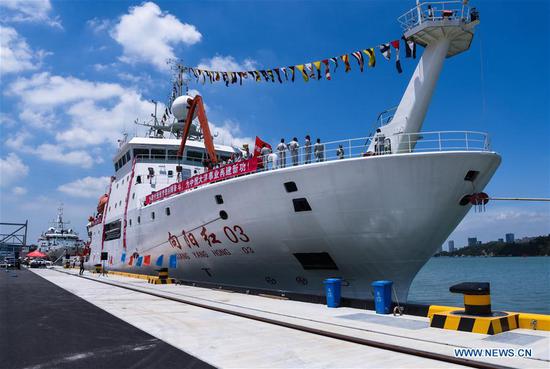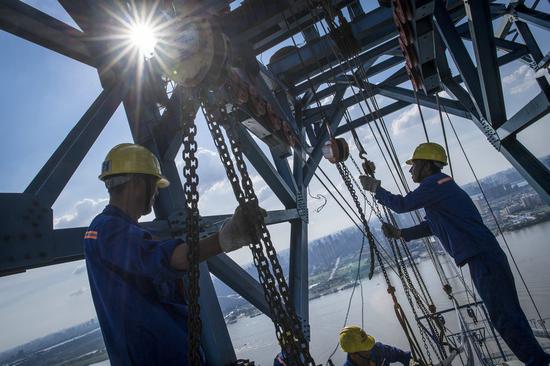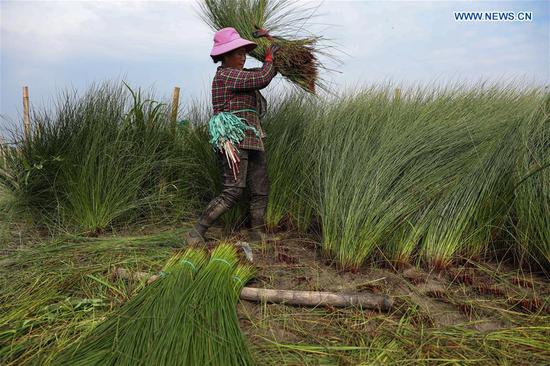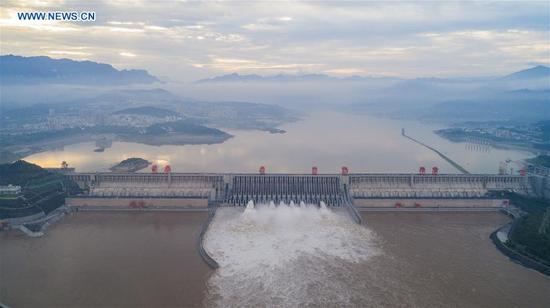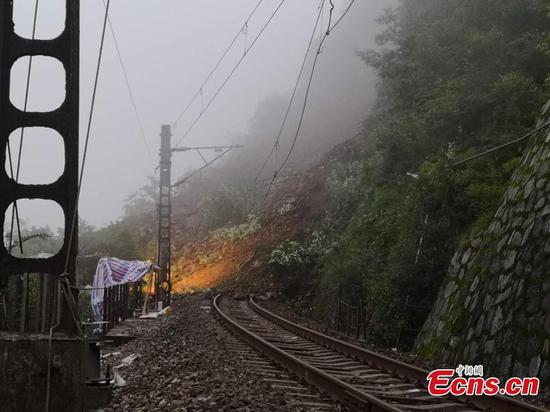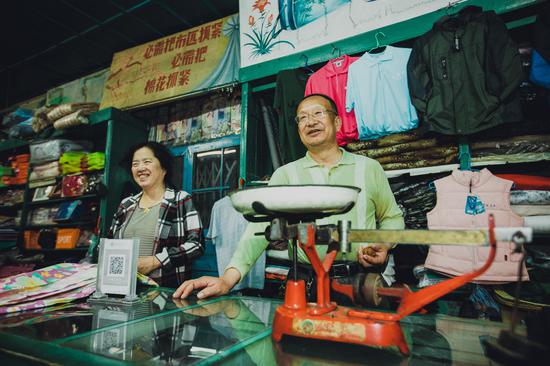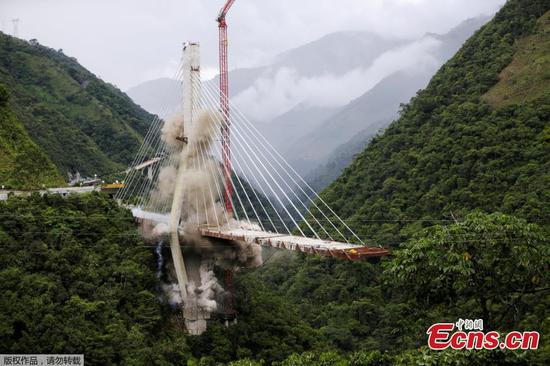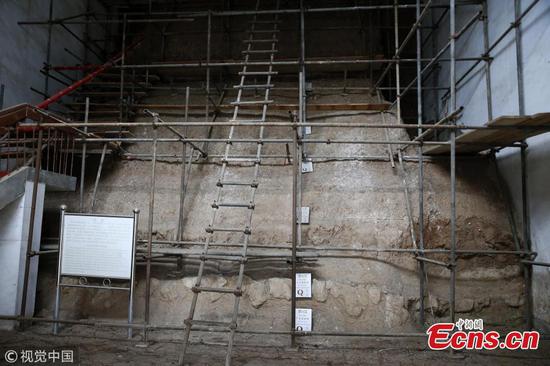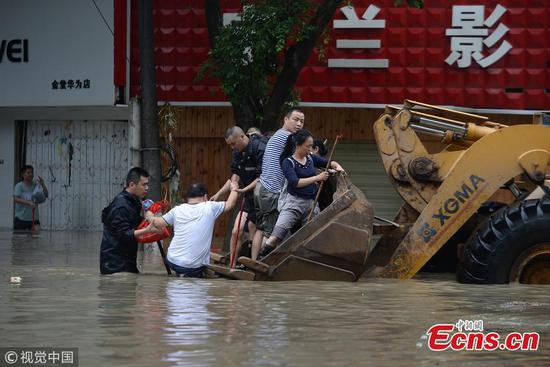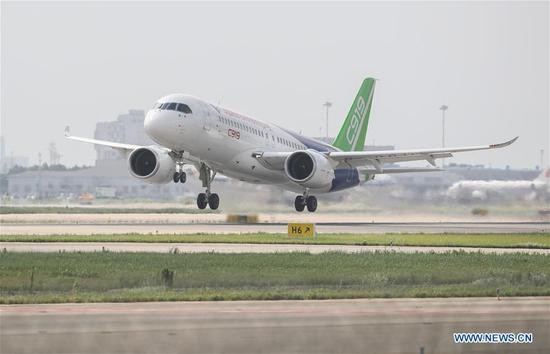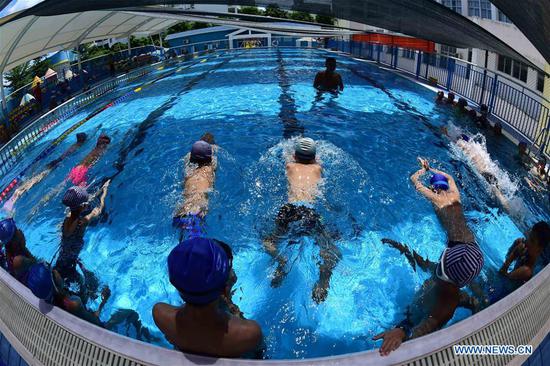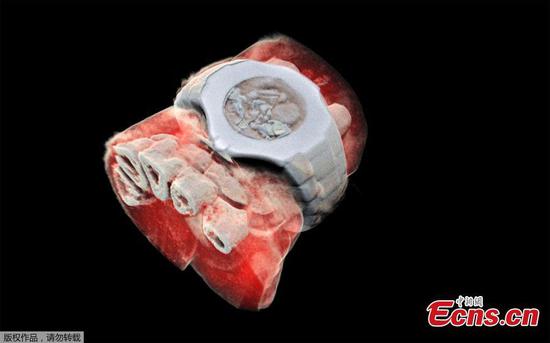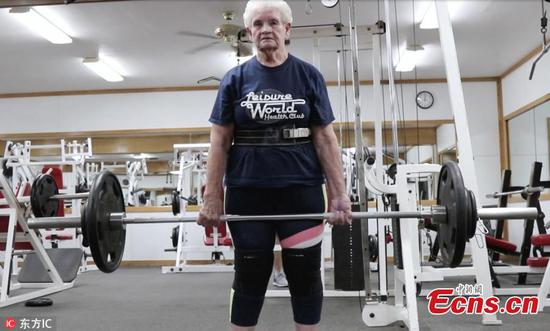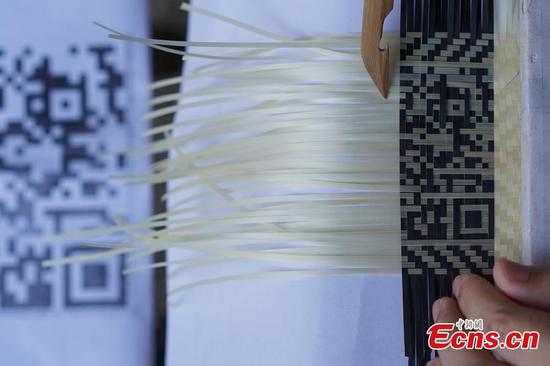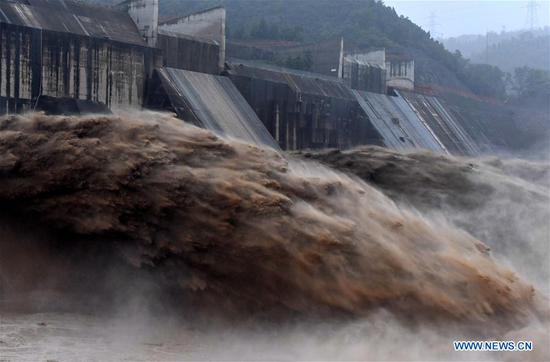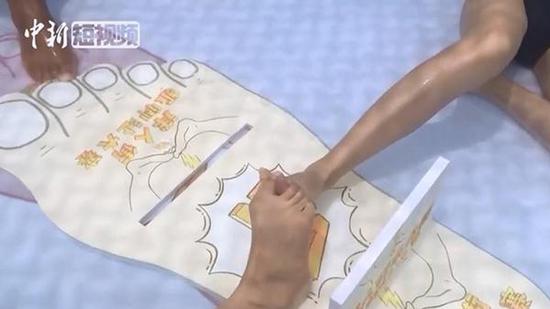Considering innovation as the primary driving force of development, China is taking a firm stand to bridge the gap in technological progress, especially in key and core technologies, from internationally advanced levels.
In the past few years, much has been accomplished toward making China a country of innovators, with progress made in science and technology, including the successful launch of the Tiangong-2 space lab, the commissioning of the deep-sea manned submersible Jiaolong, and the test flight of the airliner C919.
The China Innovation Index, a barometer of innovation capability compiled by the National Bureau of Statistics, has seen steady rises over the past decade, with the index reaching 181.2 in 2016.
This year, China broke into the top 20 most-innovative economies in the annual Global Innovation Index ranking published Tuesday by Cornell University and the World Intellectual Property Organization, climbing to the 17th from the 22nd place in 2017.
All of these achievements, however, are no excuse for complacency, and China stays sober-minded about its weaknesses.
"The level of technological development, especially in key and core technologies, still has a large gap from internationally advanced levels and is unable to meet the requirements of achieving the two centenary goals," read a document released Friday after a meeting of the Central Committee for Financial and Economic Affairs.
The contribution of China's scientific and technological progress to economic growth also lags far behind developed nations.
Key and core technologies are crucial to a country and bear major significance in promoting China's high-quality economic development and maintaining national security.
Thus, improving innovation capabilities for key and core technologies and keeping a firm hold on the initiative of scientific and technological development will offer a strong technological guarantee for the country's development.
China should enhance basic research and seek major breakthroughs in independent technological innovation, the document said, calling for an enhanced sense of urgency.
To that end, the meeting asked for the establishment of a mechanism to enhance the development of key and core technologies and more targeted planning of related systems and new platforms.
The country should also streamline the management of projects for major scientific and technological research programs, give research and development institutions and staff more say, and nurture more outstanding and dedicated young scientists and research teams led by top scientists.
Facing pressing challenges, science and technology personnel should take on the responsibilities bestowed by history and become vanguards in innovation.













